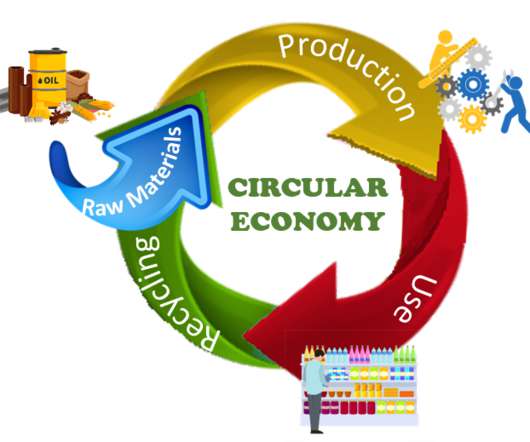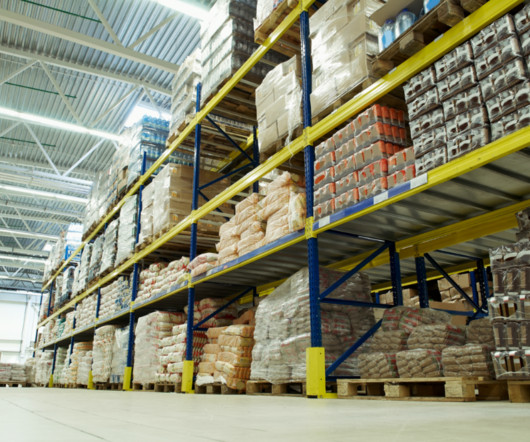How Southeast Asian manufacturers can use ERP to realign the supply chain
SYSPRO Smarter ERP
JULY 14, 2022
For decades, ASEAN manufacturing, once seen as a global phenomenon, had been overshadowed by the meteoric rise of Chinese factories. In 2019, China accounted for 28.7 percent of global manufacturing output and was regarded as the world’s manufacturing superpower. Building manufacturing opportunities from the ground up.
















Let's personalize your content